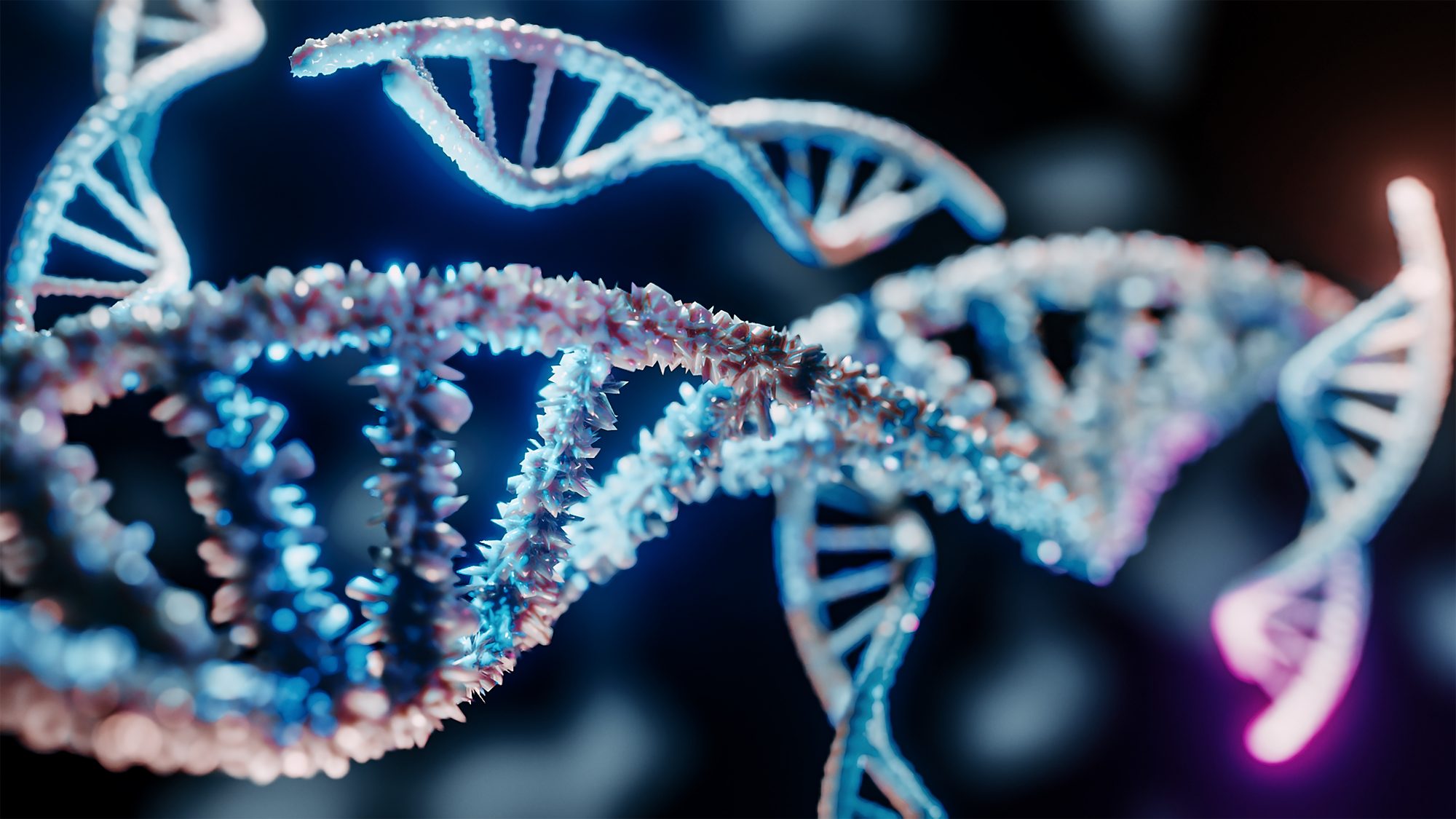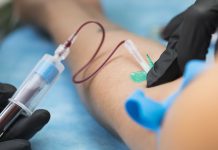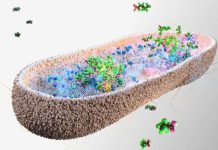New research from UCL has uncovered the biology behind a rare genetic mutation that enables its carrier to live without pain
The study, published in Brain, builds upon the team’s previous discovery of the FAAH-OUT gene and the rare mutations responsible for living with minimal pain, faster healing, and reduced anxiety and fear.
Jo Cameron, 75, who lives near Loch Ness in the Highlands, personally experiences painlessness and the absence of anxiety and fear.
The research delves into how the FAAH-OUT mutation affects FAAH gene expression and its subsequent impact on other molecular pathways associated with wound healing and mood.
These findings have the potential to identify new drug targets and pave the way for further research in these areas.
Researchers identified a novel gene, FAAH-OUT, which exhibited a rare genetic mutation
Jo Cameron, a resident of Scotland, was referred to UCL’s pain geneticists in 2013 due to her lack of pain following major surgeries.
After six years of investigation, researchers identified a novel gene, FAAH-OUT, which exhibited a rare genetic mutation.
When combined with a more common mutation in FAAH, it explained Jo’s unique traits.
Previously considered “junk” DNA, the region of the genome housing FAAH-OUT was found to regulate the expression of FAAH, a gene involved in pain, mood, and memory through the endocannabinoid system.
How did the UCL team understand the molecular workings of FAAH-OUT?
The UCL team aimed to understand the molecular workings of FAAH-OUT, laying the groundwork for potential drug discoveries.
They employed various approaches, including CRISPR-Cas9 experiments on cell lines and gene expression analysis to identify active genes in pain, mood, and healing pathways.
The study revealed that FAAH-OUT modulates FAAH expression, resulting in significantly reduced enzyme activity when influenced by Jo Cameron’s mutation.
‘As scientists, it is our duty to explore’
Dr. Andrei Okorokov, a senior author of the study, noted the importance of these findings: “These explorations have identified molecular pathways affecting wound healing and mood, all influenced by the FAAH-OUT mutation.
“As scientists, it is our duty to explore, and I think these findings will have important implications for areas of research such as wound healing, depression, and more.”
Examining fibroblasts from patients, the authors investigated the impact of the FAAH-OUT-FAAH axis on other molecular pathways.
Jo Cameron’s gene mutations affected the expression of 797 upregulated genes and 348 downregulated genes
In addition to reducing FAAH activity, the mutations found in Jo Cameron also affected the expression of 797 upregulated genes and 348 downregulated genes.
Notably, alterations to the WNT pathway, associated with wound healing, were observed, including increased activity in the WNT16 gene, previously linked to bone regeneration.
Two other key genes affected were BDNF, linked to mood regulation, and ACKR3, involved in opioid-level regulation.
These gene changes likely contribute to Jo Cameron’s low anxiety, fear, and pain.
‘By understanding precisely what is happening at a molecular level, we can start to understand the biology involved’
Professor James Cox, a senior author of the study, concludes, “By understanding precisely what is happening at a molecular level, we can start to understand the biology involved, and that opens up possibilities for drug discovery that could one day have far-reaching positive impacts for patients.”








